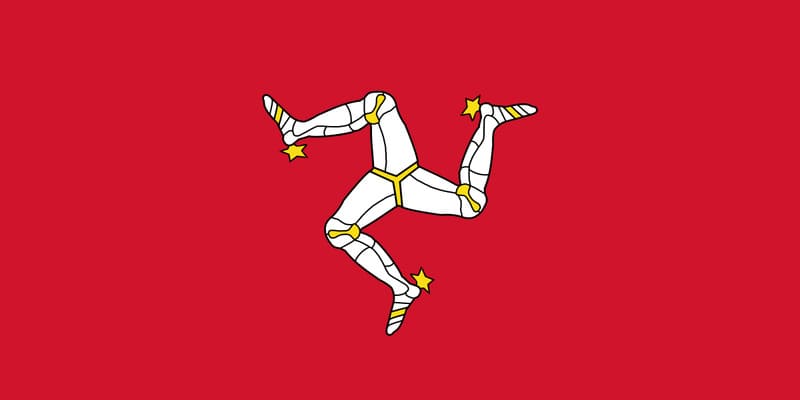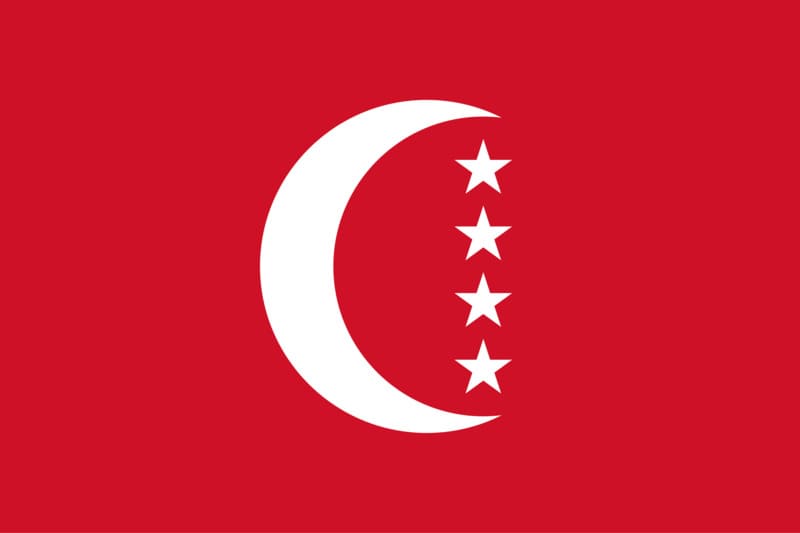Launching a gaming project under the well-known Malta framework unlocks global reach, bank-level credibility, and a friendly tax regime – yet the paperwork can be daunting. Cybetic builds casino and sports-betting platforms every day, and we help founders obtain a Malta gaming license without the usual stress. Talk to our team and turn your idea into a regulated reality this quarter.
Overview of the Malta Gaming License
Malta is one of the longest-standing hubs for online gaming and remote gambling. The country’s gaming industry generated €84.1 million in direct MGA revenue in 2024 and accounted for roughly 7 % of national GVA the year before.
It stands as one of the most respected regulatory bodies in the global gambling industry. Established as a premier authority for online gaming regulation, the MGA has created a framework that balances player protection with business opportunities for gaming operators.
A license issued by the MGA lets a gaming company address the entire European Economic Area while passporting technical infrastructure outside of Malta when needed. The permit remains valid for a ten-year term of the license and may cover multiple gaming activities through separate approvals.
Key statistics demonstrate the authority’s success:
- 19 million active players used MGA-licensed online casino platforms in 2020
- The sector generated €573 million in gross value during the first half of 2021
- Over 11,000 jobs were created in Malta’s gaming industry by 2022
The Malta Gaming Authority ensures compliance with the Gaming Act and keeps operators exposed to gaming risk under constant review.
Types of Malta Gaming Licenses
Malta offers two core permit families plus a few niche options. Each license type determines minimum capital, license fee, and compliance duties.
Malta Gaming Service License
The gaming service licence (often called a B2C license) comes in four sub-classes:
- Type 1 License: Covers casino games, lotteries, and virtual sports where outcomes are determined by random number generators. This license type requires a minimum share capital of €100,000 and carries an annual license fee of €25,000.
- Type 2 License: Designed for sports betting and fixed-odds gaming services. Operators offering sports betting must meet the same financial requirements as Type 1 licensee holders, with €100,000 minimum capital and €25,000 annual license fees.
- Type 3 License: Targets peer-to-peer gaming platforms such as poker rooms and betting exchanges. This licence requires €40,000 minimum share capital with €25,000 annual license fee.
- Type 4 License: Covers skill-based gaming services like fantasy sports. This license has the lowest entry requirements with €40,000 minimum capital and €10,000 annual license fee.
A gaming service operator also pays a sliding compliance contribution between €15.000 and €600.000, pegged to gaming revenue generated each year.
Critical Gaming Supply License
A critical gaming supply licence addresses platform components such as Cybetic’s back-end, RNG, or risk engines. Minimum share capital stands at €40.000.
Other License Types
Malta still issues separate permits for the national lottery (formerly the Lotteries and Gaming Authority) and for controlled skill games that do not fit Types 1-4.
Mandatory Requirements for Malta Gaming License
Every applicant must pass four checkpoints:
- Fit & Proper – background vetting of shareholders and key staff to confirm they may gamble legally and are not exposed to gaming risk through crime or insolvency.
- Business Plan – five-year forecast showing robust liquidity and a live gaming system.
- Operational and statutory requirements – AML, responsible gaming, KYC, and player fund segregation.
- System Review – pre-go-live audit of the gaming and control system, including RNG, wallets, and reporting.
The operational and statutory requirements phase often reveals gaps; Cybetic plugs these with turnkey modules so you stay on schedule.

Application Process for a Malta Gambling License
The Malta gaming license application process follows the MGA’s five-stage routine:
Phase 1: Pre-Application Review
The authority conducts initial assessments of applicant qualifications and documentation. This phase includes evaluating the gaming company’s business model and financial capacity.
Phase 2: Fit and Proper Assessment
All key personnel undergo comprehensive background checks and face-to-face interviews. The MGA collaborates with international law enforcement agencies to verify applicant credentials.
Phase 3: Technical and Operational Review
The authority examines gaming systems, software documentation, and operational procedures. Companies must demonstrate their gaming and control system meets regulatory standards.
Phase 4: Compliance Verification
Final review of policies, procedures, and compliance frameworks ensures applicants can meet ongoing regulatory obligations.
Phase 5: License Issuance
Upon successful completion of all phases, the license issued by the MGA grants authorization to commence gaming operations.
Timeline and Process Duration
Expect 10–16 weeks from file submission to approval, provided documents are complete. Apply for a Malta gaming permit early; our consultants fast-track the gaming licence application procedure.
Cost Structure of Gambling Licenses in Malta
| Cost Item | Price | Timing |
|---|---|---|
| Application fee | €5000 | Upfront |
| Share capital (example Type 1) | €100 000 | Before incorporation |
| Fixed annual licence fee | €25 000 | Each year |
| Compliance contribution (Type 1) | 1.25 %–0.40 % of revenue | Monthly |
| Gaming tax | 5% of gaming revenue generated from players based in Malta | Monthly |
Total Malta gaming license cost varies with turnover. A start-up can launch for about €130.000 including platform set-up, while high-volume brands budget for the upper compliance brackets.
Malta Gaming Authority (MGA) Overview
The Malta Gaming Authority (MGA) – formerly the Lotteries and Gaming Authority – acts as single regulator. The MGA has established Malta as a premier destination for online gaming companies seeking reliable regulation and market access.
- MGA license duration: 10 years, renewable.
- Changes to the gaming business (ownership, key function) require pre-approval.
- The Authority maintains on-site inspections and data feeds to oversee gaming authorisations.
The MGA also liaises with EU and UK counterparts, so a license from the MGA is recognised by payment providers worldwide.
Taxation and Financial Benefits in Malta
Malta offers competitive tax advantages that make it attractive for gaming companies compared to other jurisdictions. The Maltese tax system provides several benefits for licensee operations:
- Gaming tax: 5 % on GGR from players based in Malta only. Revenue from users outside of Malta is exempt.
- Corporate income tax: 35 % headline rate, yet refund mechanisms can reduce the net rate to 5–10 %.
- No VAT on most remote gaming services.
- Start-ups may receive a one-year compliance fee holiday.
Result: Online gaming in Malta enjoys one of Europe’s friendliest fiscal profiles.
Advantages of a Malta Gambling License
A license from the Malta gaming authority provides numerous strategic advantages that extend far beyond basic regulatory compliance. These benefits make Malta the preferred choice for serious gaming operators:
- EU/EEA market access – Malta is one of the few jurisdictions with full passporting.
- High player trust: a license is considered gold-standard.
- Clear regulation reduces gaming risk for investors.
- Widely accepted by tier-one banks and payment service providers.
- Ten-year validity means rare renewals; a Malta gaming license must simply pass the regular compliance checks.
Since Malta joined the EU in 2004 (since Malta), the island has attracted over 300 operators holding a Malta permit.

Obtain Your License With Our Help
At Cybetic, we specialize in helping gaming companies navigate the complex process to obtain a Malta gaming license. Our comprehensive approach combines expert regulatory guidance with a professional gaming platform development.
Contact us now to obtain a Malta gaming license – our clients usually clear MGA review on the first attempt.
FAQs about Malta Gaming License
It covers any remote gambling activity delivered via internet, phone, or other distance media.
No. You may host infrastructure in the EU, provided the gaming system meets MGA standards.
€25 000 (Types 1-3) or €10 000 (Type 4).
10–16 weeks, assuming full documents.


